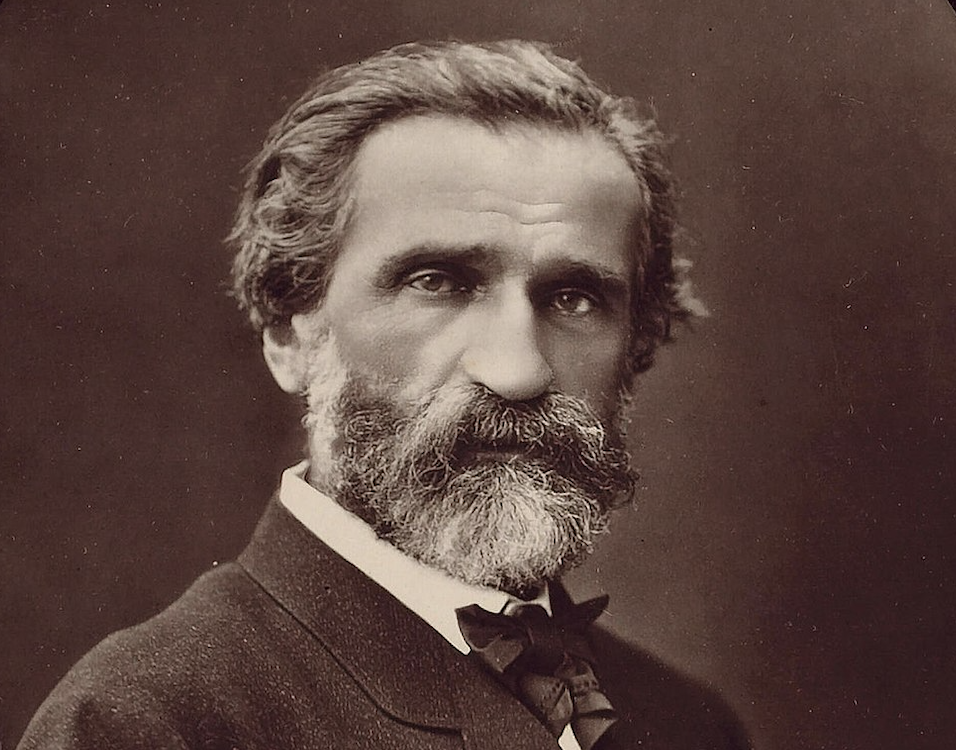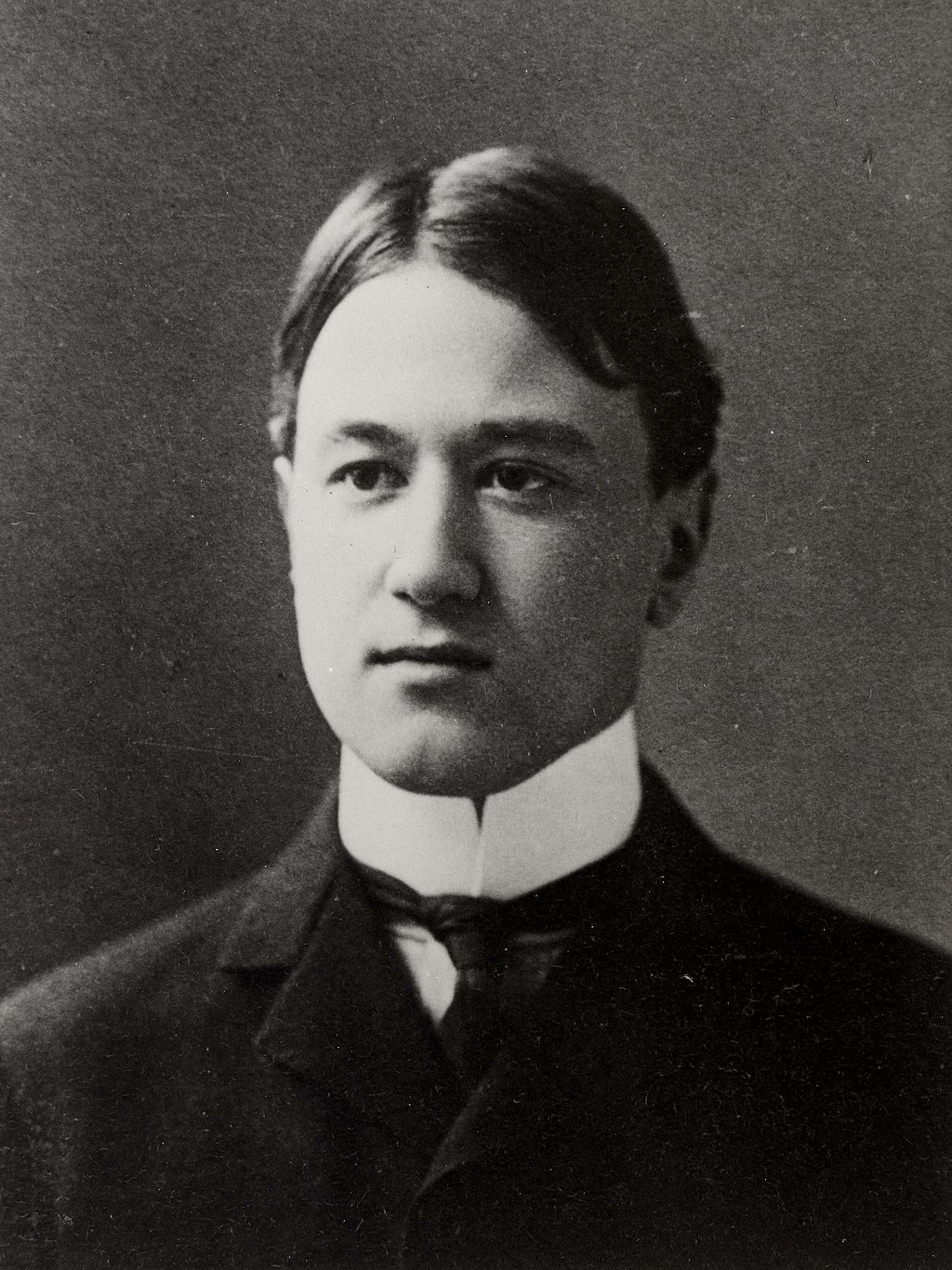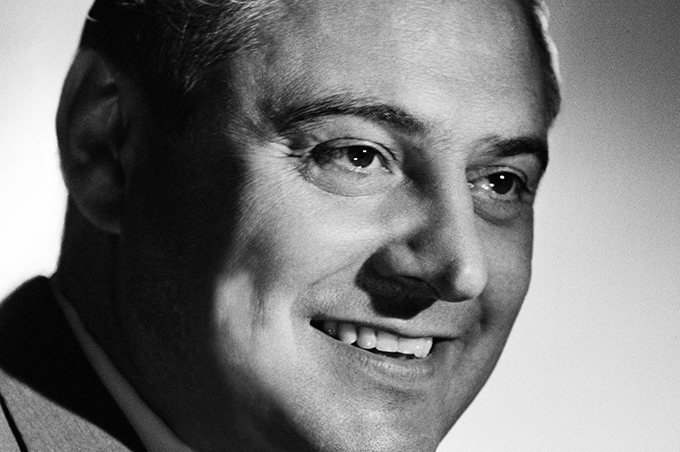09 February 2023
P.R. Jenkins
Karajan artists: Janet Perry – an unspoken connection

The American singer Janet Perry (b. 1947) worked regularly with Karajan on major opera projects between 1976 and 1985. She appeared in no less than 50 performances and recorded a good handful of operas and sacred works in the studio with him.
In an interview with our colleague Julia Binek three years ago, Janet Perry told us about their first meeting. Because of her engagement as Barbarina in a Böhm/Ponnelle film of “Figaro”, she got in contact with Karajan and was given an audition for the same part in his 1976 Salzburg production (watch her in the film here). Perry had prepared the short aria assuming that that was what Karajan wanted to hear from her but when she came to the audition in Berlin he asked for the recitatives, which she hadn’t studied. She tried to sing them at first sight but Karajan said: “Look, study the recitatives and come back in two weeks.” Perry returned having studied the recitatives from top to bottom and Karajan said “Let’s hear the aria!” Perry got the job and performed Barbarina for two seasons, including Karajan’s historic return to the Vienna State Opera in May 1977 and once more in 1979.
“He had an endless curiosity for the human voice.”
Janet Perry about Karajan
Her next appearance in a Karajan production was a part that is not necessarily the ticket for a step up in the career – a Blumenmädchen in the 1980 “Parsifal” – but this is what happened to Perry and her colleague Barbara Hendricks. Karajan liked the mixture of their voices and hired both of them for his recording of Mozart’s C minor mass in the following year. “He called me into his office after the rehearsal and he asked me if I want to sing the second soprano of the ‘c-moll Messe’ in a recording. I just couldn’t believe what I was hearing!”
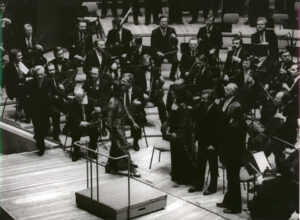
Before the recording of the mass, actually only a week after the “Parsifal” performances, Karajan invited Perry to the studio for the first time. It was his first digital recording of “The Magic Flute” and Perry was Papagena. In our interview, she recalled with a smile: “It was fun. It was very easy, very quick. It’s a small part.”
Only six weeks later, she also recorded her first major part with Karajan, Nanetta in “Falstaff”. Unusually for Karajan, the stage production took place not in the summer in Salzburg but in the following year, the film even another year later. About the rehearsals of Mozart’s C minor Mass, Janet Perry told us that Karajan encouraged her in an unorthodox way: “He said to me: ‘Be a bit lazy when you sing the coloraturas.’ That’s part of his philosophy when he’s in front of a singer, to help them to relax.”
In 1983, Perry embodied her most prestigious part in a Karajan production, Sophie in “Der Rosenkavalier”, both on stage and in the studio. It was repeated in the following Salzburg season and also filmed.
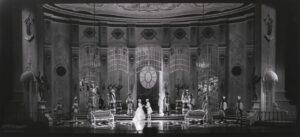
Karajan said about her Sophie: “I never heard this part sung as well. She has the best high piano I’ve ever heard.” His biographer Roger Vaughn spent some days at the rehearsals and recording sessions. He asked Perry about the special relationship with Karajan and she said:
“I can feel his recognition, his acclaim. He heard something special in my voice and he liked it, a specific timbre. I sense that there is a connection with him. I think we inspire each other. That’s why I became a singer. Often, singing means fighting with the conductor. The greater a conductor is, the easier it is to communicate. Karajan enables us to sing and he expects us to reward his efforts. He inspires singers to really make music. Many good conductors shape us the way they want us to be. Karajan doesn’t. He releases us from our technical problems. His meditations have strengthened him. He is able to ignore the intellectual aspect and to react naturally in every situation.”
Perry’s last collaboration with Karajan was Micaëla in his last “Carmen”. She was involved only in nine performances in concert (Berlin) and on stage (Salzburg) in 1985 but took part neither in the studio recording in 1983 (that was Katia Ricciarelli) nor in the 1986 series (that was Fiamma Izzo d’ Amico).
Janet Perry is still a dedicated teacher. Last summer, she held master classes in Arona and Salzburg.
We’ve prepared playlists with Karajan and Janet Perry. Listen to them here.
— P.R. JenkinsRoger Vaughan: “Herbert von Karajan – A Biographical Portrait” Weidenfeld & Nicolson Limited, London. 1986
